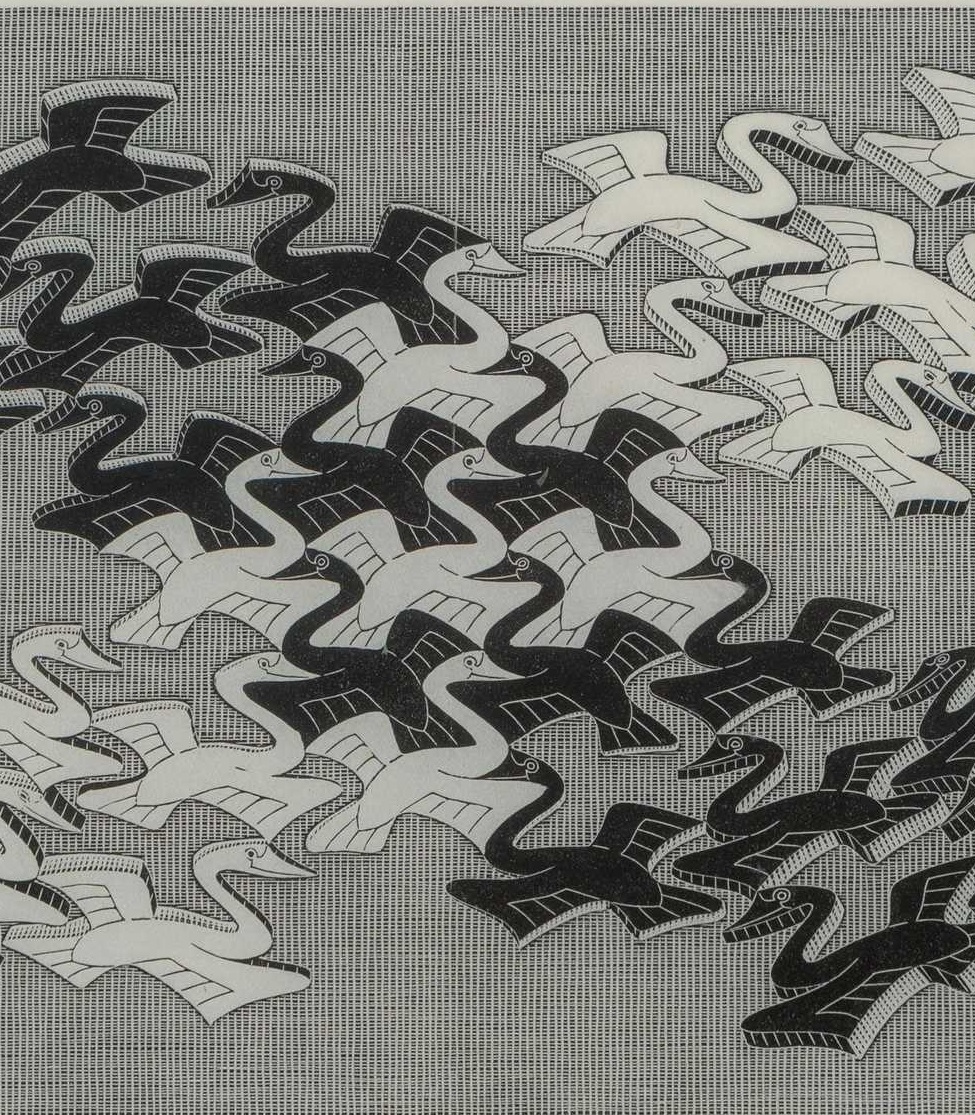

In Rome’s slave based economy, the social relations themselves do not incentive industrialization. Slaves, as an act of understandable disobedience, would break equipment. That discourages investment in expensive tools. Also, if you are a latidundia owner, you don’t mind just working your slaves harder instead of investing in more productive tools. As long as slaves are cheap on the market, you can buy more.
Also, the internal market for most commodities was not very large in ancient Rome. Slaves were the most bought and sold commodity (Boer makes this point in Time of Troubles). Transportation was very cumbersome, so most products that were produced were consumed locally. Any transportation would be done by sea, so major centers had to be near the ocean. Land transport was slow and expensive. It would cost the same amount to transport grain some 30 miles on land as it would to ship it by sea from Egypt to Italy.
The economy was also largely agricultural, and the cities were not powerhouses of handicrafts and manufacturing but instead were where the rich latidundia owners lived. There was an urban proletariat, but it was not engaged in manufacturing to a large extent, at least that I am aware of. The poverty and destitution of the urban masses (see Parenti’s The Assassination of Julius Ceasar), and the enslavement of those in the country side meant that a large market for commodities did not exist outside luxury items that the slave owners could afford.
The low productivity of agriculture also means that there is less surplus agricultural product that can go toward the non-agricultural laborers like handicrafts. If someone is not engaged in farming, then that is less labor extended toward growing food. So the productivity of agricultural must be high enough to compensate for a laborers moving to handicrafts, manufacturing, administration, etc.
And when thinking of structural incentives, the production of goods was not regulated by increasing profits or by the exchange-value of products. There isn’t a large market due to the above reasons, except maybe in luxury goods. And a latifundia owner is more likely to be interested in buying things they (actually their slaves) can’t produce on their premises or on one of the other plantations they own. But if possible, the latifundia will produce it itself. Any profits can go to buying luxury items produced elsewhere. But the consumption of the owners and their families is limited by their stomachs. So luxury consumption plateaus for each latifundia. That’s less of an incentive to accumulate high profits.
There isn’t much competition, nor is the market that big due to poor transportation, communication, and general destitution. So the market saturates pretty quickly in a local area. And so there isn’t an incentive to produce a cheaper product, or out compete other latidundias. And as mentioned before, why invest in more productive equipment when we have slaves? Wage labor isn’t a major social institution at the time either. So no need to accumulate profits for increasing production.
As Marx mentions in Capital, Instead of exchange value driving the anciemt economy, it was quantity (up to a natural limit, owners can only eat and slaves can only produce so much) and use-value. Effort was put into making a better item for luxury but not into making it more efficiently with less slave labor.
There isn’t a drive to accumulate capital, there isn’t a drive for ever increasing profits. There aren’t many avenues for value to expand and grow, and hence no capitalism.
And the low productive capacity of their means of production (and that includes transportation), in addition to social relations (slavery) that actually disincentivize increasing productivitiy is at the heart.

Do they believe their own bullshit? Because imagine only ever predicting shit with a straight line, where everything is linear, quantitive change is steady and predictable and qualities never evolve. There is no nonlinearity, there is no potential for collapse, chaos, or punctuated equilibrium. The small changes you see today will continue as they are for centuries.
I know it’s nerd talk to discuss dialectics, or complexity, but it’s mind boggling how undialectical these serious people are. Part of me thinks it just cope on their part to make their masters happy because how could one make that prediction without smelling your own bs and knowing its a completely meaningless number. But banks and think tanks do select for the smoothest of minds.